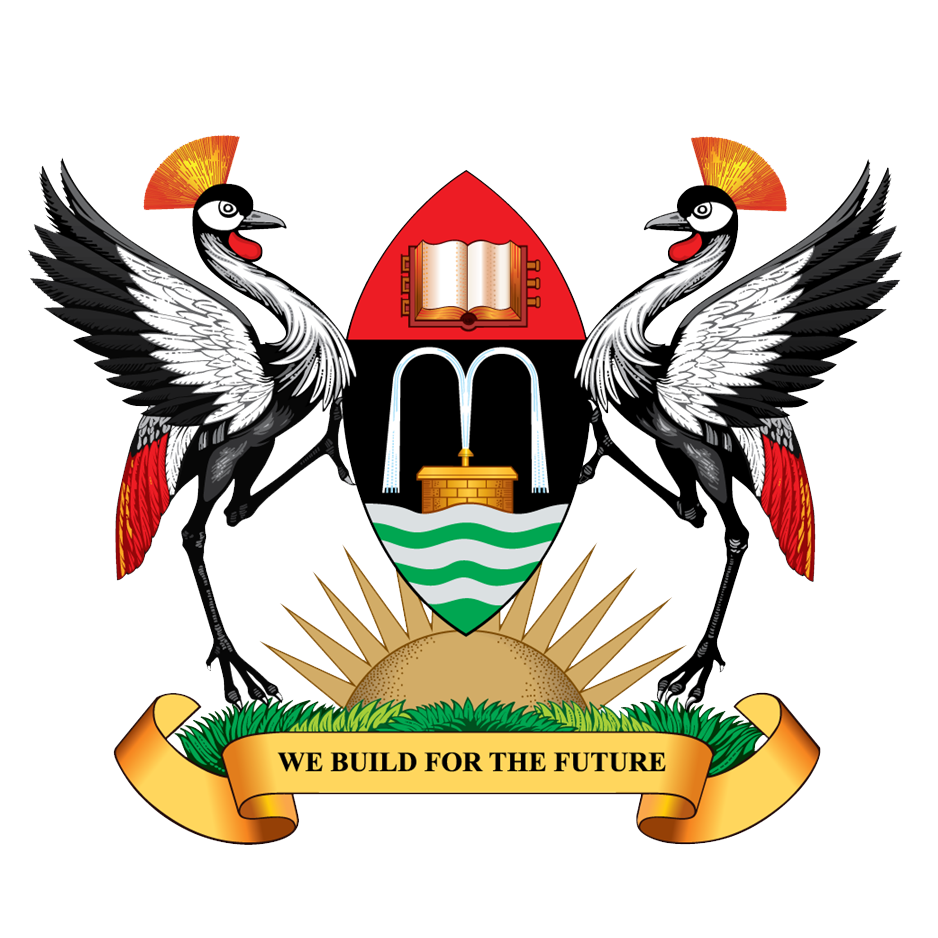pr.cns@mak.ac.ug
TRUEFISH East African Regional Workshop Explores Strategies to Boost Aquatic Animal Health & Biosecurity
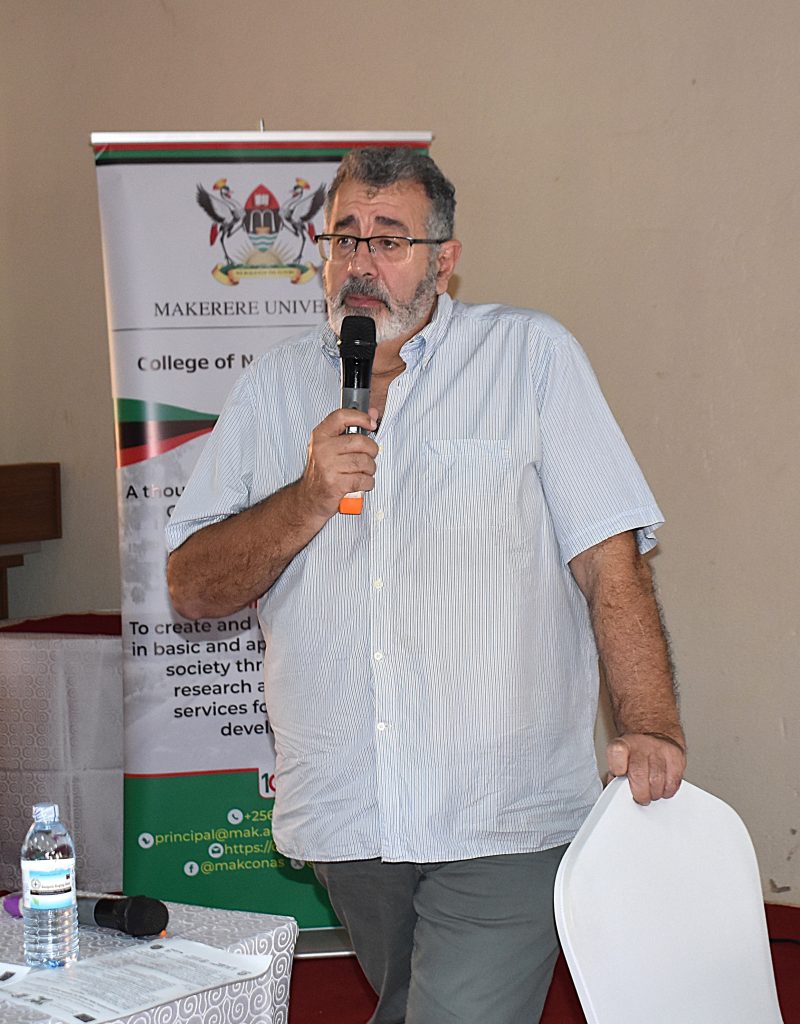
Overview
Aquaculture is one of the fastest-growing food production sectors globally and plays a crucial role in food security, nutrition, and sustainable development. Since 2022, aquaculture supplies more than half of the world’s fish consumption.
In Africa, the sector has rapid expansion. Between 2000 and 2020, aquaculture production in Sub-Saharan Africa increased by over 400%, with annual growth rates reaching 10–20% in several countries. Projections suggest regional production could exceed 2 million tonnes by the mid-2030s if current trends continue. Uganda has emerged as one of the region’s aquaculture leaders. From producing just under 1,000 tonnes in the early 1990s, the country scaled up to an estimated 120,000 tonnes by 2020, making it the second largest aquaculture producer in Sub-Saharan Africa after Egypt.
This growth has positioned aquaculture as a key driver of livelihoods, economic development, and food security, core goals of the Sustainable Development Agenda. However, the sector faces growing risks related to disease outbreaks, poor-quality inputs, antimicrobial misuse, and weak biosecurity infrastructure. Experts warn that outbreaks such as tilapia lake virus (TiLV) and streptococcosis could significantly impact production and regional trade if not adequately addressed.
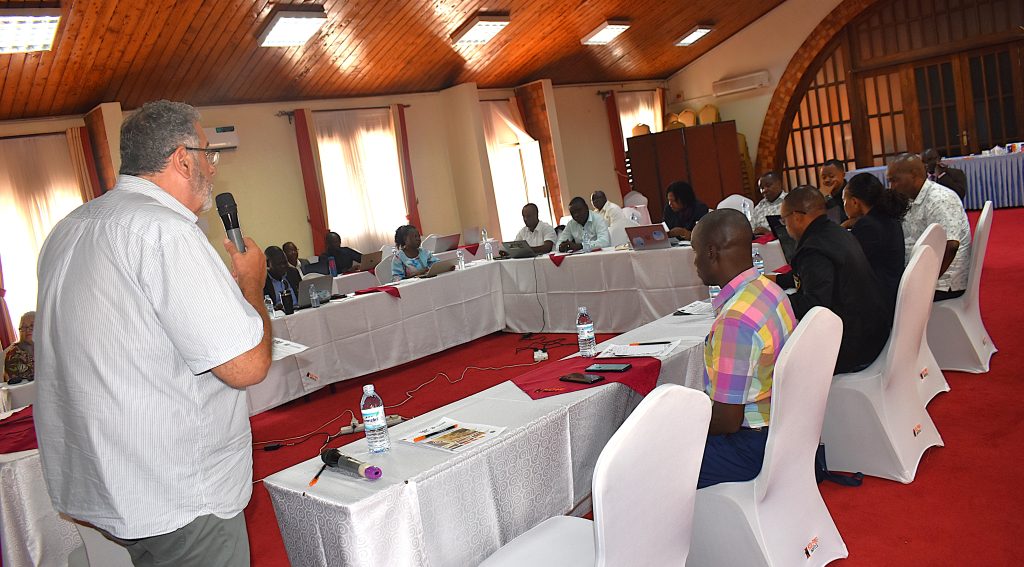
East Africa Regional Workshop to Strengthen Aquatic Animal Health and Biosecurity
In response to the growing challenges in aquatic animal health and biosecurity, the Lake Victoria Fisheries Organisation (LVFO) and the Food and Agriculture Organisation of the United Nations (FAO), implementers of the TRUEFISH Project, in collaboration with Makerere University held a five-day workshop in Kampala from 18th to 22nd September 2025 to develop practical strategies for managing aquatic animal diseases and improving biosecurity across the region.
The workshop, hosted by Makerere University and held at the Kampala Kolping Hotel, was organized under the European Union-funded TRUEFISH project, a component of the 11th European Development Fund (EDF). It brought together a diverse group of stakeholders, including technical experts, government officials, researchers, and private sector representatives from across East Africa.
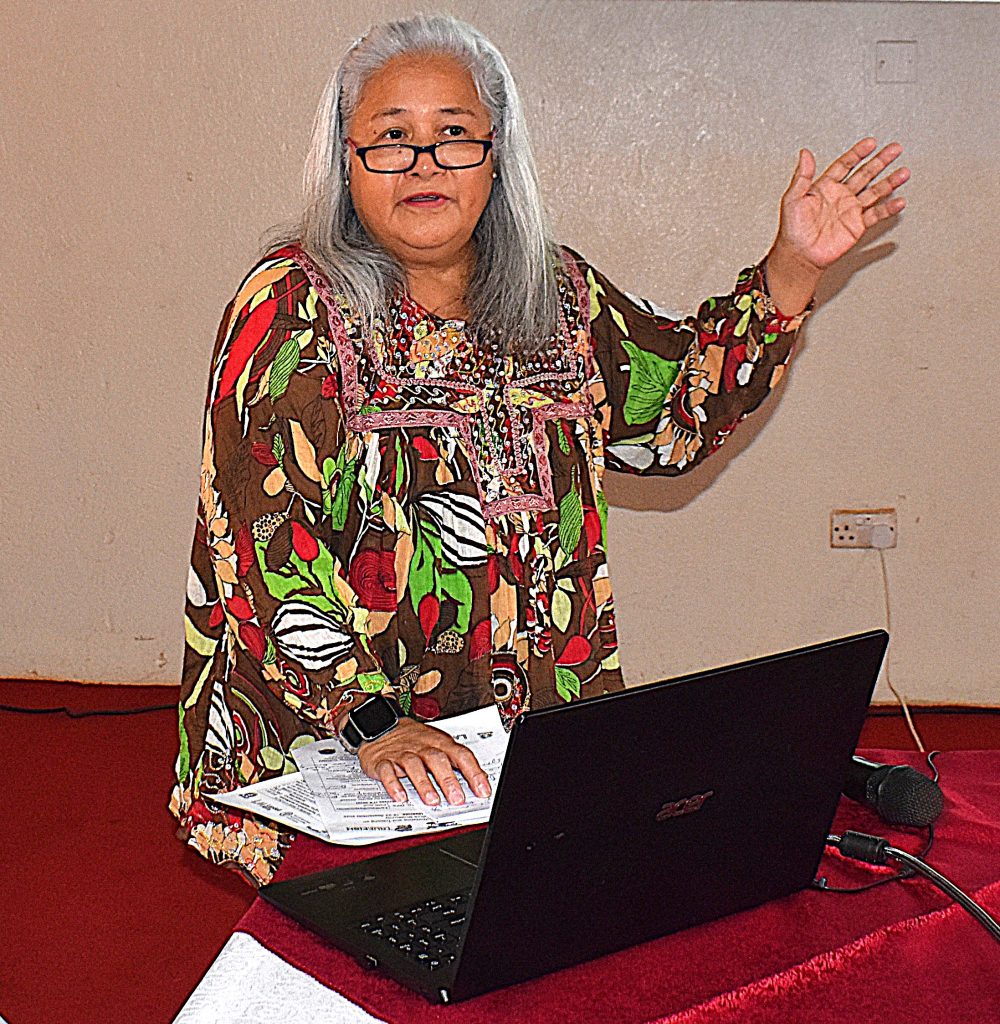
Facilitated by Dr. Melba Bondad-Reantaso, Team Leader – Food Safety, Nutrition and Health at the FAO’s Fisheries and Aquaculture Division; Mr. Jose Parajua, Fisheries Technical Advisor at FAO; and Dr. Peter Akoll from Makerere University, the workshop provided a platform for countries to review national strategies, align regional efforts, and address critical challenges in the aquaculture sector. Key topics discussed included emergency preparedness for sudden fish mortality events, regional pathogen surveillance and disease reporting, regulation of fish movements, quarantine protocols, waste management, enhanced biosecurity measures, and the prudent use of antimicrobials in aquaculture systems.
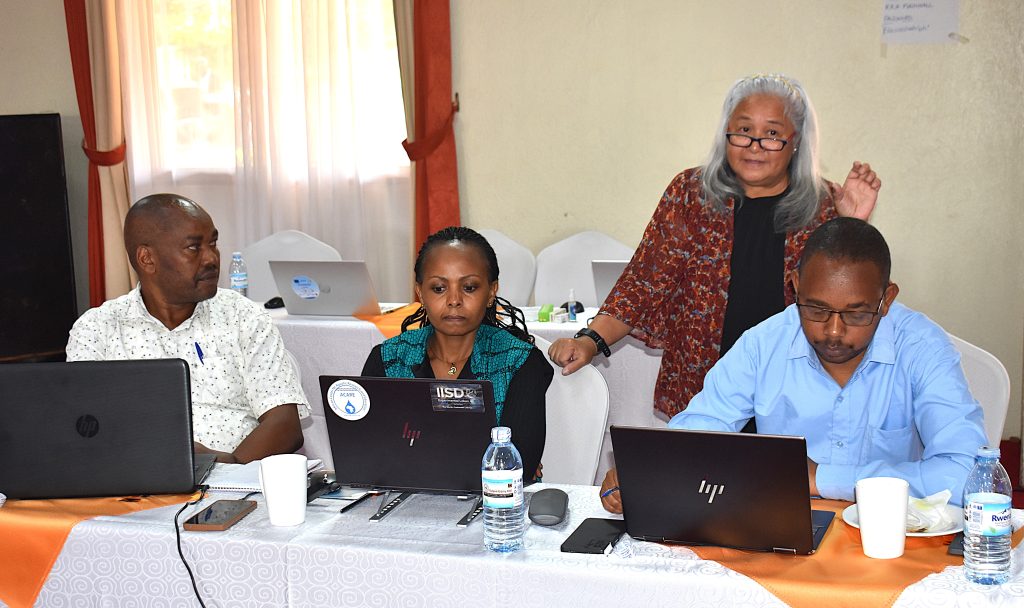
At the meeting, Dr. Melba Bondad-Reantaso delivered a presentation highlighting the “10-Point Good Biosecurity Practices” framework, designed to mitigate disease risks in aquaculture systems and curb the spread of antimicrobial resistance (AMR). Her presentation emphasized the critical role of proactive, science-based biosecurity measures in ensuring the health of aquatic animals, safeguarding livelihoods, and supporting sustainable aquaculture. Each of the ten practices she outlined serves as a strategic intervention to strengthen on-farm disease prevention, enhance early detection, and reduce the reliance on antimicrobials, ultimately contributing to global efforts against AMR in aquatic environments.
Similarly, Dr. Peter Akoll shared valuable insights on effective on-farm biosecurity practices and sustainable fish waste management, emphasizing their importance in maintaining fish health, preventing disease outbreaks, and promoting environmental sustainability within aquaculture systems.
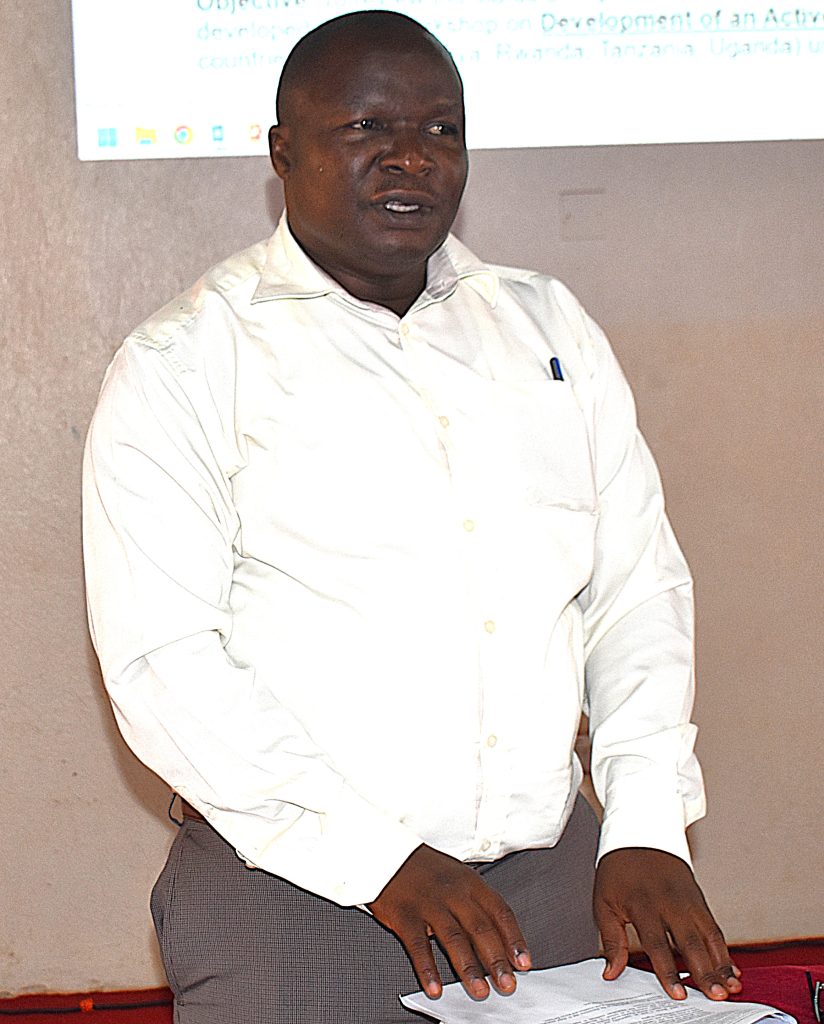
In his remarks, Dr. Godfrey Kawooya Kubiriza, Head, Department of Zoology, Entomology, and Fisheries Sciences at Makerere University appreciated the support provided by the European Union (EU), FAO, and the Lake Victoria Fisheries Organization in promoting the growth and sustainability of aquaculture in the region. He highlighted the importance of the workshop, stressing that without timely and coordinated interventions, the threat of aquatic diseases could severely undermine the sector’s long-term viability. “To safeguard this vital source of food security and livelihoods, we must strengthen disease surveillance and implement robust biosecurity measures,” he noted.
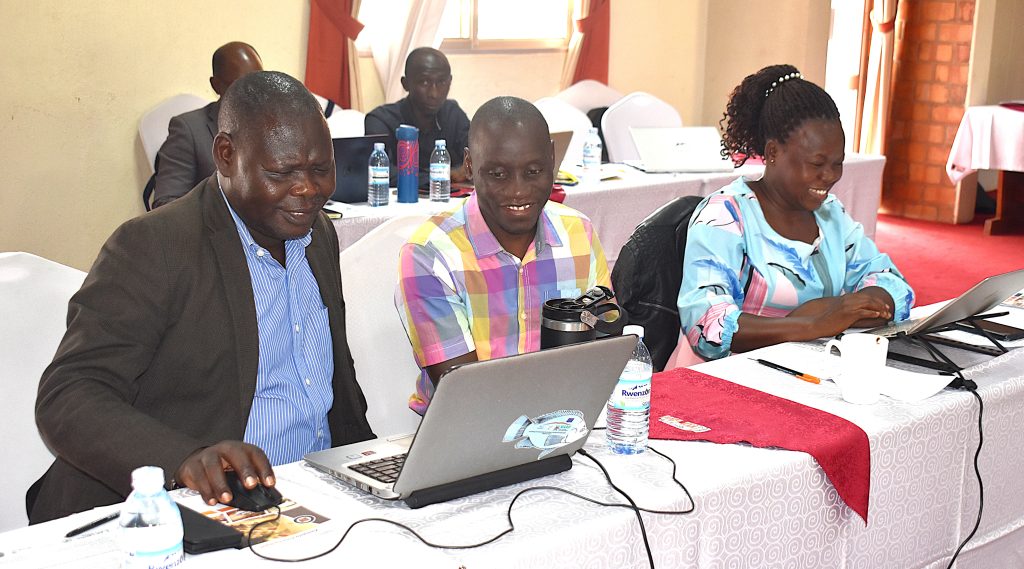
Key Outcomes/Issues Arising from the Workshop
- Strengthening Emergency Preparedness and Response – Workshop participants committed to revising their Emergency Preparedness and Response (EPR) plans, integrating them into their respective National Aquatic Organism Health Strategies (NAOHS). These updated plans aim to enhance the agility and effectiveness of responses to aquatic disease outbreaks.
- Regional Consensus on Disease Notification and Reporting – A major milestone was reached with the endorsement of a Regional Aquatic Pathogen List (RAPL) by the five partner countries. The list will initially include 11 priority aquatic diseases, such as the Tilapia Lake Virus (TiLV), and will be reviewed annually by the Aquatic Animal Health Technical Working Group (AAHTWG) to ensure alignment with standards set by the World Organisation for Animal Health (WOAH). In addition, the countries agreed on a harmonized framework for disease reporting. Clear roles were defined, from farmers to national focal points, ensuring effective surveillance and prompt emergency response. Confirmed outbreaks must be reported to the Lake Victoria Fisheries Organization within 24 hours.
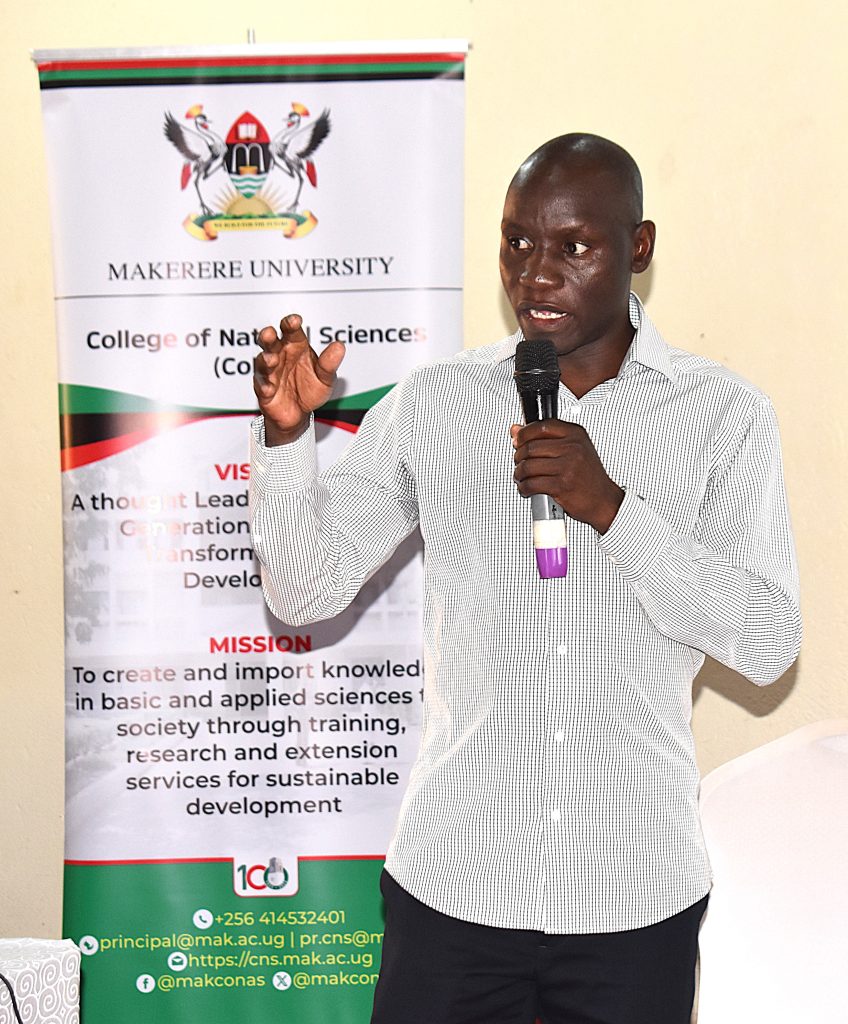
3. Regulating Fish Movement and Quarantine Protocols – To reduce the risk of trans-border disease spread, the workshop established common principles for regulating live tilapia movement. Importation will require prior risk assessments using the TRUEFISH methodology, and all stock must undergo a supervised two-week quarantine at the farm level. Although border quarantine was deemed impractical, strict biosecurity measures and traceability requirements were endorsed. The LVFO has been tasked with developing regional import guidelines for Tilapia, Catfish, and other species, with national adoption anticipated once approved.
4. Farm Biosecurity and Waste Disposal Legislation – Waste disposal in aquaculture emerged as another critical focus area. Participants agreed on the need for strong legislative frameworks to underpin Standard Operating Procedures (SOPs) for disposing of dead or diseased fish. Each country will submit a prioritized list of waste disposal options, and develop enforcement mechanisms suited to their local contexts. Kenya, Tanzania, Rwanda, and Uganda reported varying levels of legislative preparedness, with SOPs development actively underway.
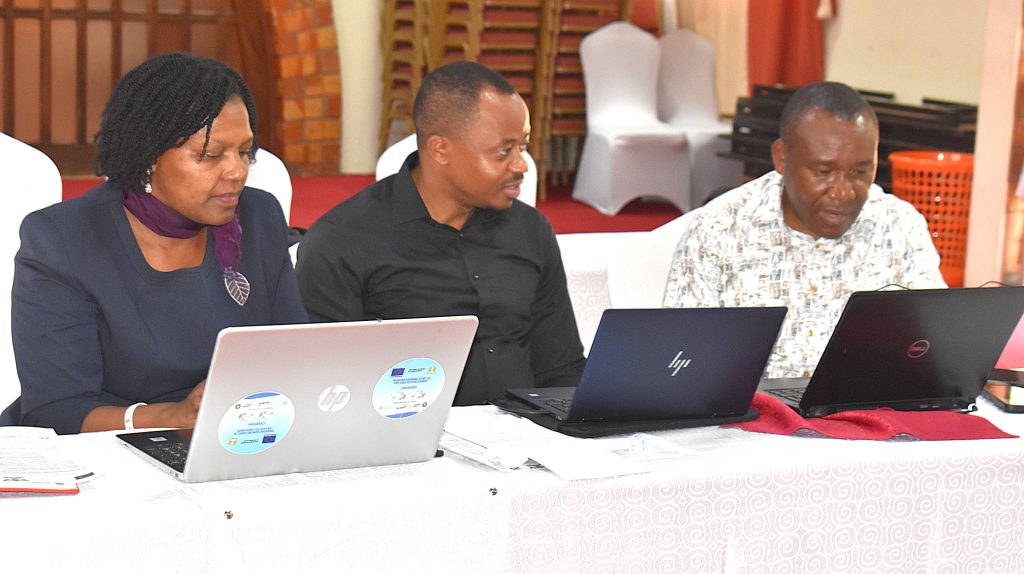
5. Addressing Antimicrobial Use and Resistance – Given growing concerns about antimicrobial resistance, the workshop agreed on a coordinated regional approach to assess the use of veterinary medicines and chemicals in aquaculture.
6. National Strategies and Surveillance Plans – All participating countries committed to finalizing their National Aquatic Organism Health Strategies (NAOHS), with draft versions due by October 2025 and fully endorsed strategies expected by December 2025. During the workshop, national surveillance plans were drafted, with Uganda ready to implement its plan through FAO support. A regional committee, led by Dr. Peter Akoll and including members from all five countries, will consolidate the national surveillance plans into a regional publication. This document aims to mobilize donor support and strengthen collaborative disease management across the region.
The workshop emphasized the importance of regional collaboration and knowledge sharing to safeguard aquaculture from trans-border disease risks.
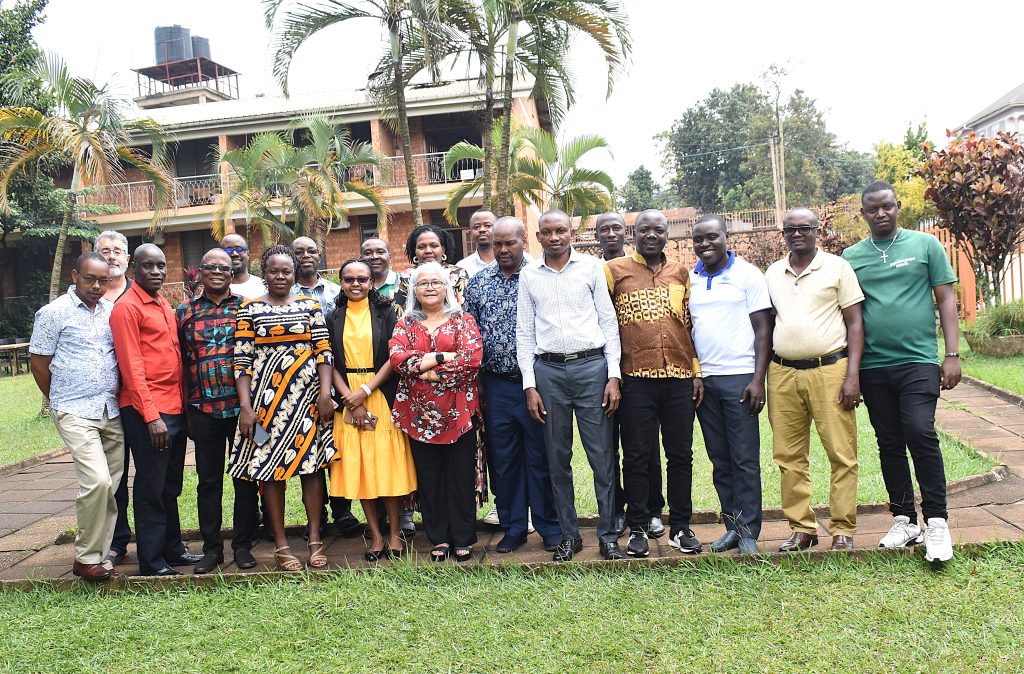
About the TRUEFISH project
The TRUEFISH project, implemented through a partnership involving the LVFO under the East African Community (EAC), the FAO, Landell Mills International, and WorldFish, seeks to develop a sustainable, inclusive, and competitive aquaculture sector in the Lake Victoria Basin. While the core focus countries are Uganda, Kenya, and Tanzania, project activities have also been extended to Rwanda and Burundi. TRUEFISH places particular emphasis on strengthening aquaculture value chains, preserving biodiversity, promoting gender equality, and increasing youth participation in the sector.
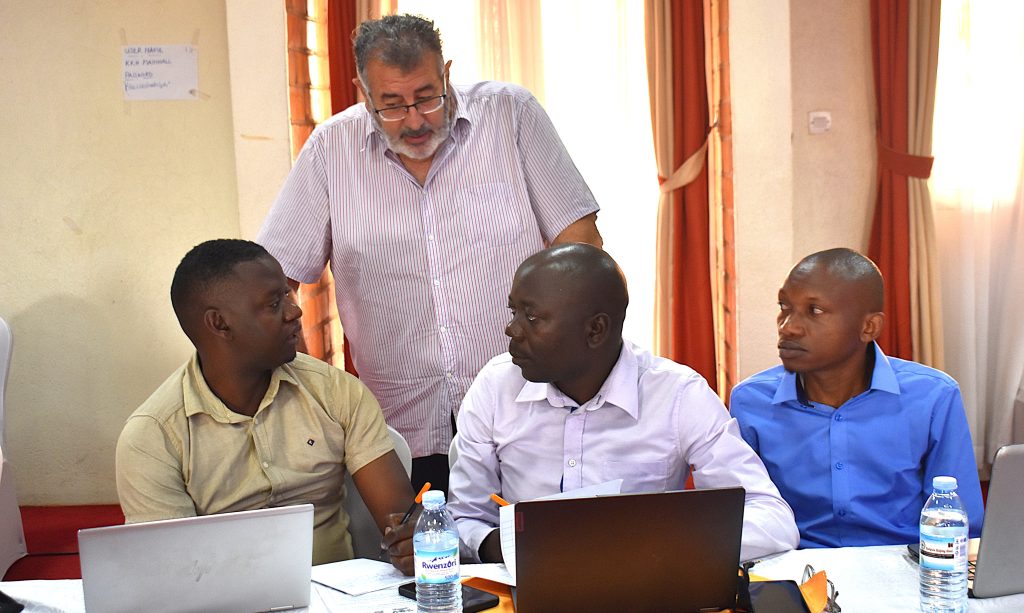
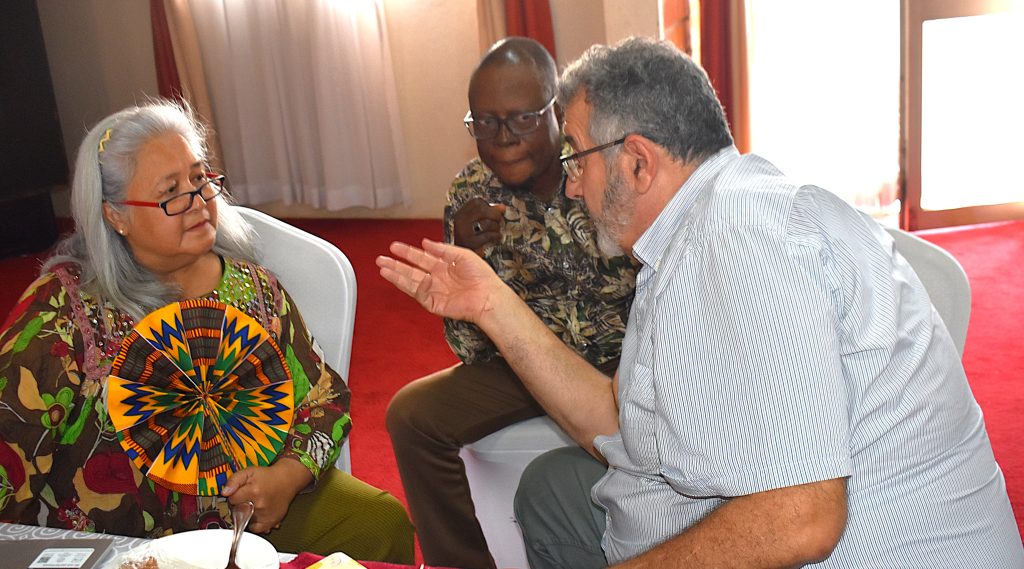
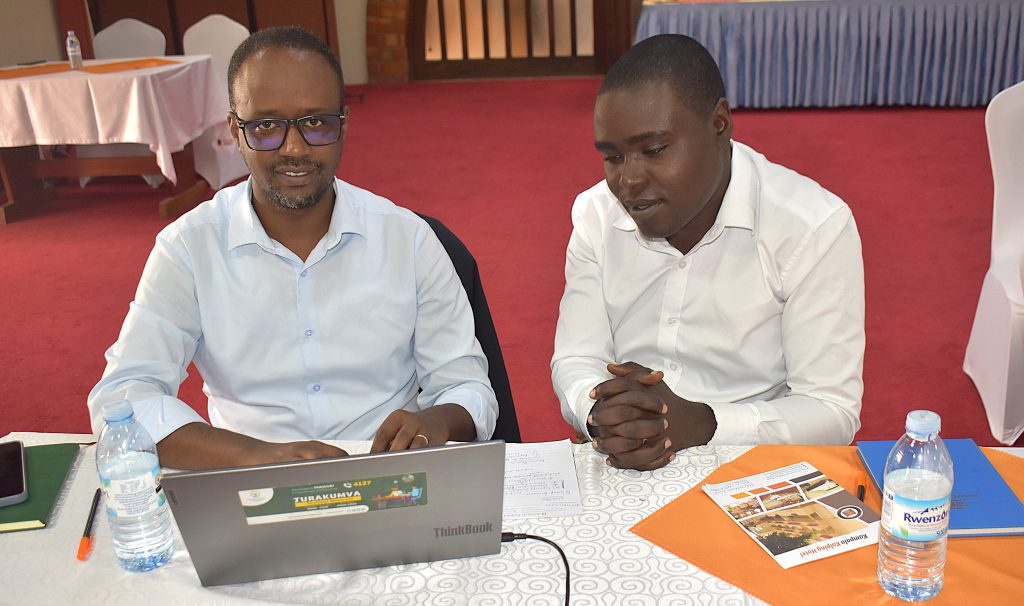
Pictorial of the workshop:

